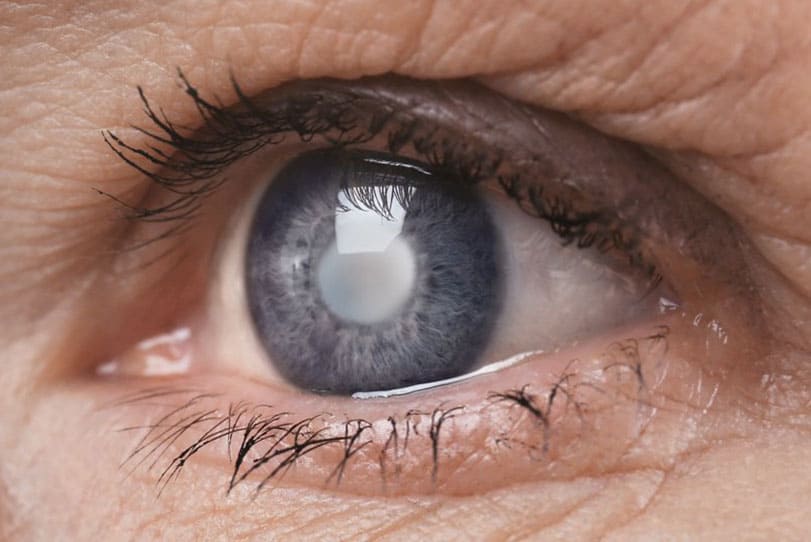
Cataract Treatment
Cataract is an eye condition that causes clouding of the lens, leading to blurry vision and difficulty in color perception. The most effective treatment is surgery, which removes the cloudy lens and replaces it with an artificial lens.
What is Cataract?
Cataract is a condition that usually develops with aging but can also be caused by genetic factors, systemic diseases, medication use, and exposure to eye trauma. With cataract, light entering the eye is blocked, resulting in blurry vision.
Causes of Cataract
- Age: Cataract is more common in people over 60 years old.
- Medical conditions: Diseases such as diabetes and hypertension can increase the risk of cataract.
- Medication use: Corticosteroids and other medications can contribute to its development.
- UV light exposure: Prolonged exposure to sunlight without protection can increase the risk.
- Family history: Genetics may predispose some individuals to cataract development.
How Does the Treatment Work?
Cataract surgery is an outpatient procedure in which the cloudy lens is removed and replaced with an intraocular lens. The procedure is performed under local anesthesia and typically takes less than an hour. Recovery is fast, and many patients notice an improvement in vision almost immediately.
Benefits of Cataract Surgery
- Restoration of Vision: The surgery is effective in restoring vision, allowing many patients to return to daily activities.
- Safe Procedure: Cataract surgery is one of the most common and safest surgical procedures, with low complication rates.
- Fast Recovery: Most patients can return to their normal activities within a few days.
- Long-Lasting Results: The effects of the surgery are generally permanent, providing long-term relief from blurry vision.
Post-Treatment Care
After cataract surgery, it is essential to follow some guidelines:
- Use of eye drops: Use antibiotic and anti-inflammatory eye drops as prescribed by your doctor.
- Avoid strenuous activities: Avoid lifting heavy weights or engaging in intense exercises for the first few weeks.
- Eye protection: Wear sunglasses in outdoor environments to protect your eyes from light and wind.
Contraindications
Cataract surgery is generally safe, but some conditions may contraindicate the procedure:
- Active eye infections: The treatment should be delayed until infections are resolved.
- Severe eye diseases: Some conditions may affect the success of the surgery.
- History of adverse reactions: Inform your doctor about any previous reactions to anesthesia or medications.
Where to Get Treatment
The Walsh & Crema Clinic offers modern and effective procedures for cataract treatment. Consulting a specialized ophthalmologist is essential to determine the best approach and ensure satisfactory results.



